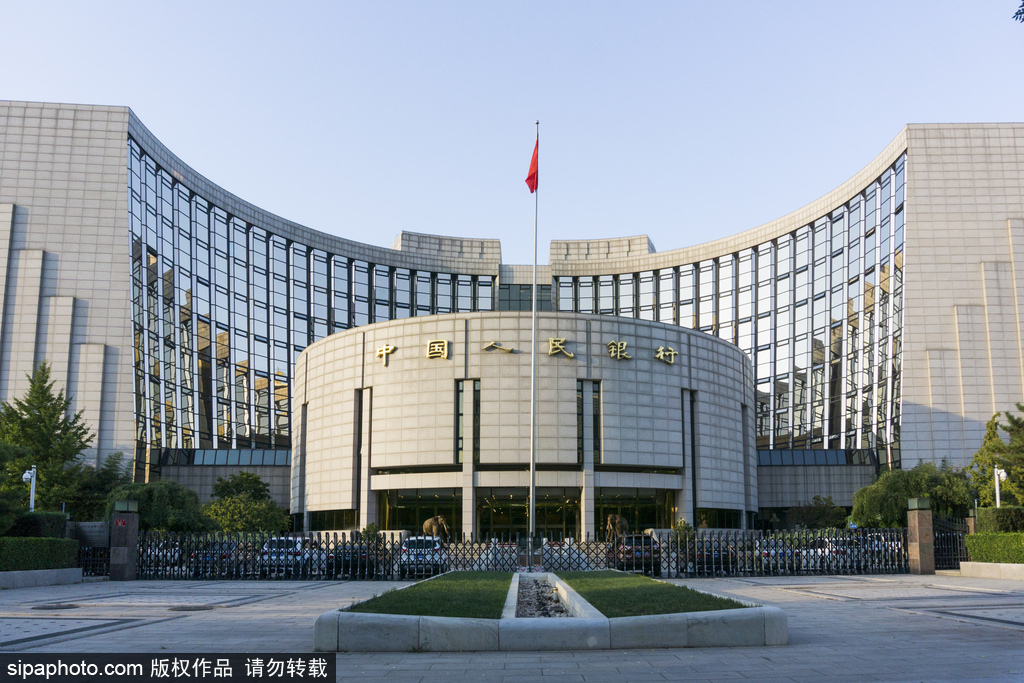PBOC signals slower pace of policy easing


Targeted steps to sustain economic growth likely in third quarter of this year
Monetary authorities in China are slowing down the pace of policy easing amid signs of a strong economic recovery with more targeted measures likely to be rolled out during the third quarter of this year to sustain economic growth.
The nation's benchmark lending rate, the loan prime rate (LPR), has remained unchanged for three consecutive months. The People's Bank of China, the central bank, maintained the one-year LPR at 3.85 percent and the five-year or longer tenure LPR, which pertains to mortgage loan rates, at 4.65 percent on Monday.
The last time the central bank effected a rate cut was on April 20, when it cut the one-year LPR by 20 basis points and the longer term rate by 10 basis points, at a time when the economy had started to recover from the novel coronavirus epidemic.
Unlike its global peers, the PBOC did not have to make sweeping monetary changes as the world's second-largest economy saw a 3.2-percent year-on-year expansion in GDP versus a 6.8-percent decline in the first three months and deep contractions in some developed economies.
Instead of cutting the major interest rates or reducing the reserve requirement ratio, the bank reserves that must be maintained with the central bank, the PBOC opted for open market operations and used the medium-term lending facility to maintain liquidity at ample levels, said experts.
"In the second half of this year, the monetary policy may shift to a more normalized status, focusing on targeted easing to support manufacturing and smaller businesses," said Wen Bin, chief researcher at China Minsheng Bank.
The growth in property price inflation, especially in some tier-2 cities, has also slowed the monetary policy easing to some extent. Local authorities in cities like Shenzhen and Ningbo have maintained strict control on property sales to keep prices in check and prevent potential property bubbles, said the experts.
Although the upturn in China's economy is likely to continue in the second half of the year also, some economists expect sectors like retail sales and exports to still remain weak.
Supportive monetary measures are also needed to lower interest rates in the interbank market and ease liquidity stress in small and medium-sized banks, according to Zhang Bin, a senior researcher of the China Finance 40 Forum and a scholar at the Institute of World Economics and Politics under the Chinese Academy of Social Sciences.
The coordination of monetary and fiscal policies should be strengthened, and the efficiency of countercyclical policies should be improved to deal with the COVID-19 effect, said Zhang. "Fiscal policy should take a more significant role to support spending, which can also help governments at all levels to inject capital into small and medium-sized banks by issuing bonds or using their own funds to supplement capital and improve the ability to support the real economy."
Cutting the interest rates and RRR will be the possible measures that the PBOC may use in the second half to guide down the overall social financing costs, said Wen from China Minsheng Bank. Besides, more structural tools will be used to direct the floating funds to the weakest sectors, said Wen.
PBOC officials had earlier this month hinted that they would phase out the special measures deployed to mitigate COVID-19 shocks and stimulate the economy at an appropriate time and the interest rate level would match the potential economic growth rate while being in line with the recovery speed.
The PBOC injected 400 billion yuan ($57 billion) of funds under the MLF scheme for banks last week, at a rate of 2.95 percent, which has been unchanged since April 15. This month, about 690 billion yuan of the MLF loans are due to expire. The market expects the PBOC to adopt additional measures to roll over the loans.




































